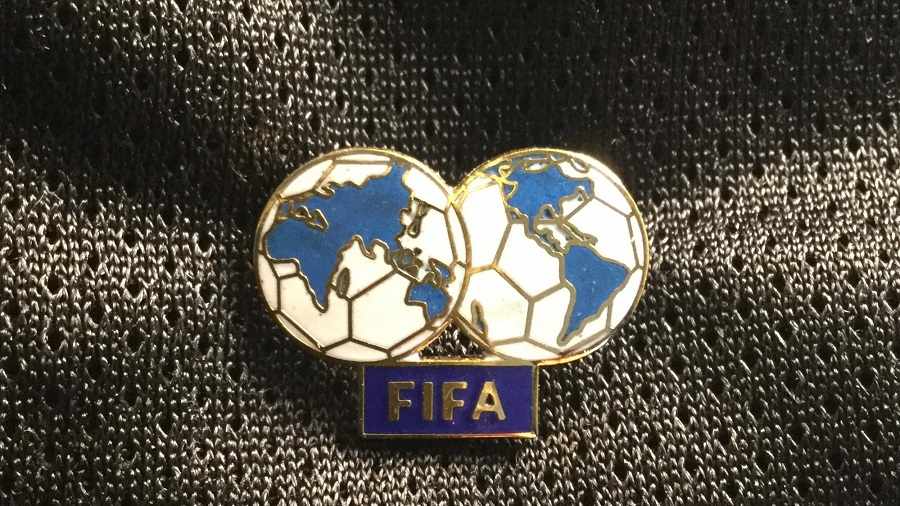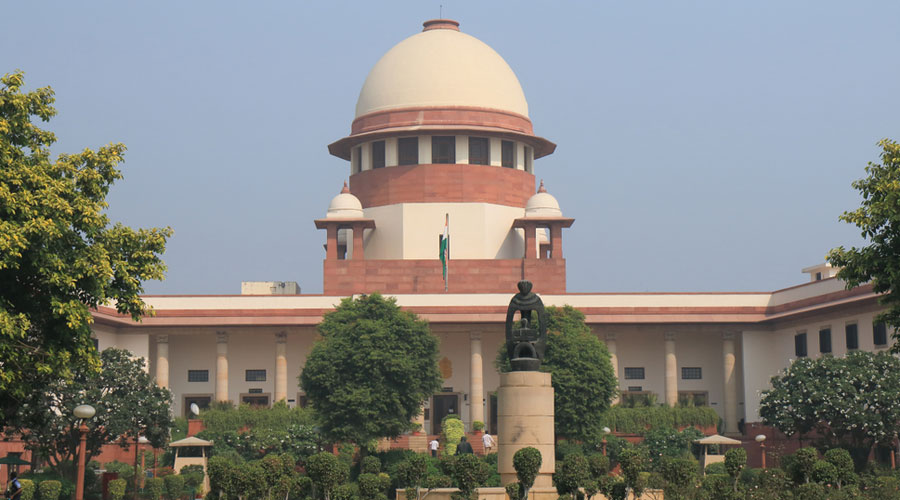In the last five years, Pakistan has twice been suspended by Fifa — the first instance quite similar to India’s, which was announced on Monday, and the second entirely different. It was, however, pretty clear both times that Fifa will not allow any outside influence to impede the working of its member association.
It was therefore a surprise when Fifa decided it would work with the Indian Supreme Court-appointed three-member committee for the All India Football Federation in sorting out the governance issues plaguing India’s football governing body.
In Pakistan, back in 2017, Fifa did not accept the administrator appointed by the Lahore High Court to oversee affairs of the Pakistan Football Federation.
Although the administrator was appointed in August 2015, after disputed presidential elections had seen the PFF split into two factions, the suspension came two years later after Fifa and the Asian Football Confederation realised the issue wasn’t any close to being resolved.
The suspension lasted six months before the PFF’s membership was restored when Lahore High Court upheld the elections from 2015 and reinstated Faisal Saleh Hayat as the country’s football chief. That, however, wasn’t the end of Pakistan’s problems. With the case moving to the Supreme Court, fresh elections were announced — a decision not accepted by Fifa. Those were won in December 2018 by Hayat’s rival group led by Ashfaq Hussain Shah and forced Fifa to appoint a Normalisation Committee in September 2019.
It was inevitable from the very beginning that the Normalisation Committee was going to face resistance from the groups fighting for control of the country’s football body. With the Covid-19 pandemic hampering the Normalisation Committee’s bid to hold fresh elections quickly, the resistance escalated until a group of officials led by Ashfaq seized control of the PFF headquarters from the Normalisation Committee in March last year. In the first week of April, Pakistan was suspended.
This time, it would last 15 months. Fifa had set out the conditions for lifting of the ban: the Normalisation Committee had to be handed over the headquarters as well as the accounts. It saw the government get involved and rounds of talks ensued before the ban on the PFF was finally lifted at the end of June this year after the Normalisation Committee was back in office.
A court case over the accounts continues but in the meantime, Fifa has set up a different route to transfer funds to the committee. Unlike Pakistan, though, India has a lot to lose. India has the Under-17 Women’s World Cup to host in October.
Fifa, however, remains hopeful a solution will be found and its talks with India’s Ministry of Youth Affairs and Sport will be crucial. Unlike Pakistan, where the PFF was not bound by the National Sports Policy and disaffiliated itself from the Pakistan Sports Board, the AIFF has to follow the Sports Code.
It was that point which led Fifa and the AFC to devise the roadmap with the Committee of Administrators for holding the elections. Deviations from that won’t be accepted by Fifa and Pakistan is a glaring example of the global football body not budging once it takes a stance.
(The author is the sports editor of Dawn, Karachi)












